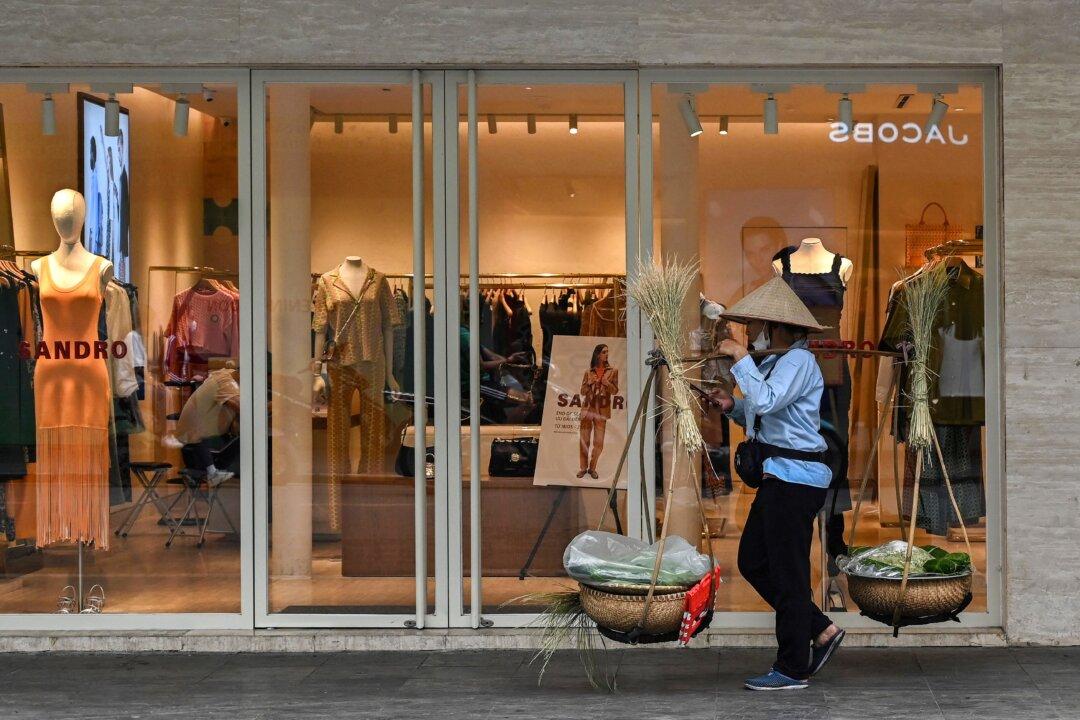The CEOs of major South Korean conglomerates will attend an economic forum in Vietnam this month as leaders from both countries recently agreed to expand trade and economic cooperation.
Analysts say that Vietnam has become a potential manufacturing base for Korean tech giants while China is losing its status as the “world’s factory” amid tensions with the United States.





